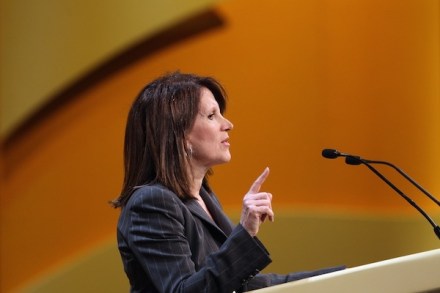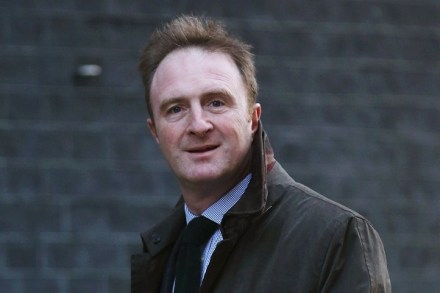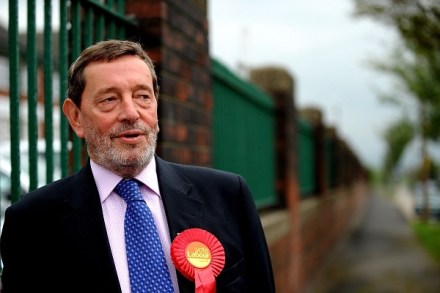Down the memory hole for Orwell Week
Amid much Twitter self-congratulation, the New Statesman has declared this ‘Orwell week‘. Oddly, however, it has yet to mention some of the most notable aspects of its relationship with the great man. In his long, long introductory piece Philip Maughan allows that Orwell went through a certain amount of ‘disagreement’ with the magazine’s editor, Kingsley Martin. He even admits that, in aspects of this disagreement, Orwell might have been right: ‘Nobody can forgive the decision by editor Kingsley Martin not to publish reports sent from Barcelona, fearing they were “liable to be taken as propaganda against socialism.”’ But he has no room to mention the other famous Orwell piece that




















